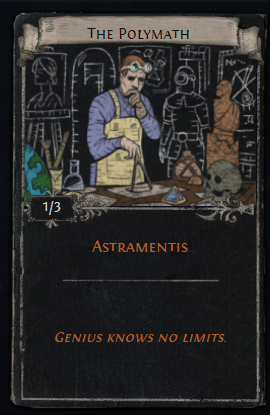

This was particularly the case with students from the Middle East itself.

Finally we see Ibn Khaldun as a man of action, trying to minimize the imminent horrors of invading armies and averting the sack of Damascus by Tamerlane, only to spend his last years lonely and destitute, having been fired from his post as qadi, his wife having gone to Morocco, and his attempts at saving the political situation having come to nil.Īlbert Hourani, with whom I had the good fortune to study Middle Eastern history during my time at Oxford University, used to admit that he often found it very hard to dissuade students who came to study for graduate degrees with him from writing about Ibn Khaldun.

The second part delves into the heart of the man and his retrieval of a measure of happiness and affection in a remarriage, after the drowning of his first wife and their children at sea. In the first part of the novel, we are introduced to the mind of Ibn Khaldun as he dictates his work to his scribe and interlocutor. The dominant concern of the novel - the uneasy relationship between intellectuals and political power, between scholars and authority - addresses our times through the transparent veil of history. This award-winning historical novel deals with the stormy life of the outstanding Arab philosopher Ibn Khaldun, using historical sources, and particularly material from the writer's works, to construct the personal and intellectual universe of a fourteenth-century genius.


 0 kommentar(er)
0 kommentar(er)
